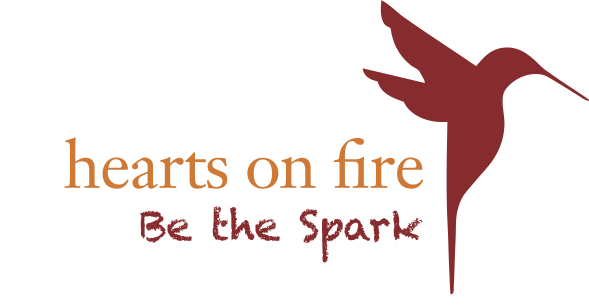by PK Dauer
Philanthropy isn’t what it used to be; the debate is whether that’s for better or for worse. Traditional ways of serving the public good are being challenged, in part, by a growing segment of social entrepreneurs who believe the greatest impact can be achieved through a sustainable, for-profit business model. Their mission is to do good and do business. Purists in philanthropy worry that mixing purpose with profit is a slippery slope that may compromise the mission.
But the late Duke University Professor Gregory Dees, who defined social entrepreneurship, believed that social entrepreneurs have a valuable role to play in creating lasting social change.
“Entrepreneurs have flexibility to take risks, learn, and adapt as they go. Many will fail, and many others will significantly modify their original ideas as they learn what works and what does not. They serve as an important learning laboratory for society.”
Chris Akin is one of the new generation of social entrepreneurs, a native New Yorker whose head is in business and whose heart is in helping. His ambition was to work his way up the business ladder and eventually land on Wall Street. But first he took a detour to Hawaii, where he connected with a close friend who was working in the non-profit sector and whose lifestyle made a lasting impression.
“She was deeply connected to the local community and feeling fulfilled in her work. So I stopped interviewing at banks and started working with adults with disabilities. The two plus years working in the non-profit sector committed me to social change for the rest of my life.”
Back in New York, the challenge for Chris was to find a way to combine his love of business with his re-ignited humanitarian instincts. In 2011, he came up with a solution. Together with his twin brother he founded The Base Project.
“We came up with this business model, working in developing countries.”
The Base Project is a socially-motivated fashion brand that builds a bridge between artisans in rural Africa and the US fashion market.
The brothers partner with local artisans to design and produce locally-sourced, eco-friendly fashion at fair trade prices, allowing consumers to wear their impact. In fact, “Wear Your Impact” became The Base Project’s slogan.
“Through their work with The Base Project, the artisans are able to increase their income and take care of their basic needs like housing, food and water, paying for a child’s education, and starting a savings account,” says Chris.
Chris Akin, Founder, The Base Project
Their first project is having an impact among the Himba and Herero tribes in the Kunene region of Namibia in southwestern Africa where some of the world’s poorest people struggle to survive on less than $2 a day. Making use of old, discarded pvc piping, local artisans design and produce up-cycled bracelets, hand-carved with traditional designs.
Chris says a portion of every purchase is invested in community development projects in the artisan’s region.
The Base Project also introduces the artisans to basic business education, equipping them with the skills to sustain, sell and grow at greater capacity then ever before. The artisans become entrepreneurs enabling them to support their families and give a boost to their communities. And Chris believes the benefits reach far beyond Namibia’s borders.
“We also help our customers in the US by teaching them a better way of contributing to social change and to value other cultures and the beauty in people from a very different background to themselves.“
And Americans seem to be catching on in greater numbers.
According to the Conscious Consumer Spending Index by Good.Must.Grow, more and more consumers are increasing their support of socially-responsible companies instead of directing more donations to nonprofits.
30 percent of consumers surveyed last year said they planned to increase the amount of goods and/ or services they buy from socially responsible companies in 2014, while only 18 percent planned to increase charitable giving, down from 21 percent in 2013.
As for Chris himself, he says the business of creating and developing The Base Project has given him a new appreciation of his own significance in the world.
“I now view myself as having an equal opportunity to make a huge impact on the world. It does not take degrees from Harvard, or a certain pedigree or some unknown magic that others were born with. Any one of us can be the next leader in social change if we pursue our passions.”
You can help fund a Namibian child’s high school education by purchasing a handmade bronze bracelet.


